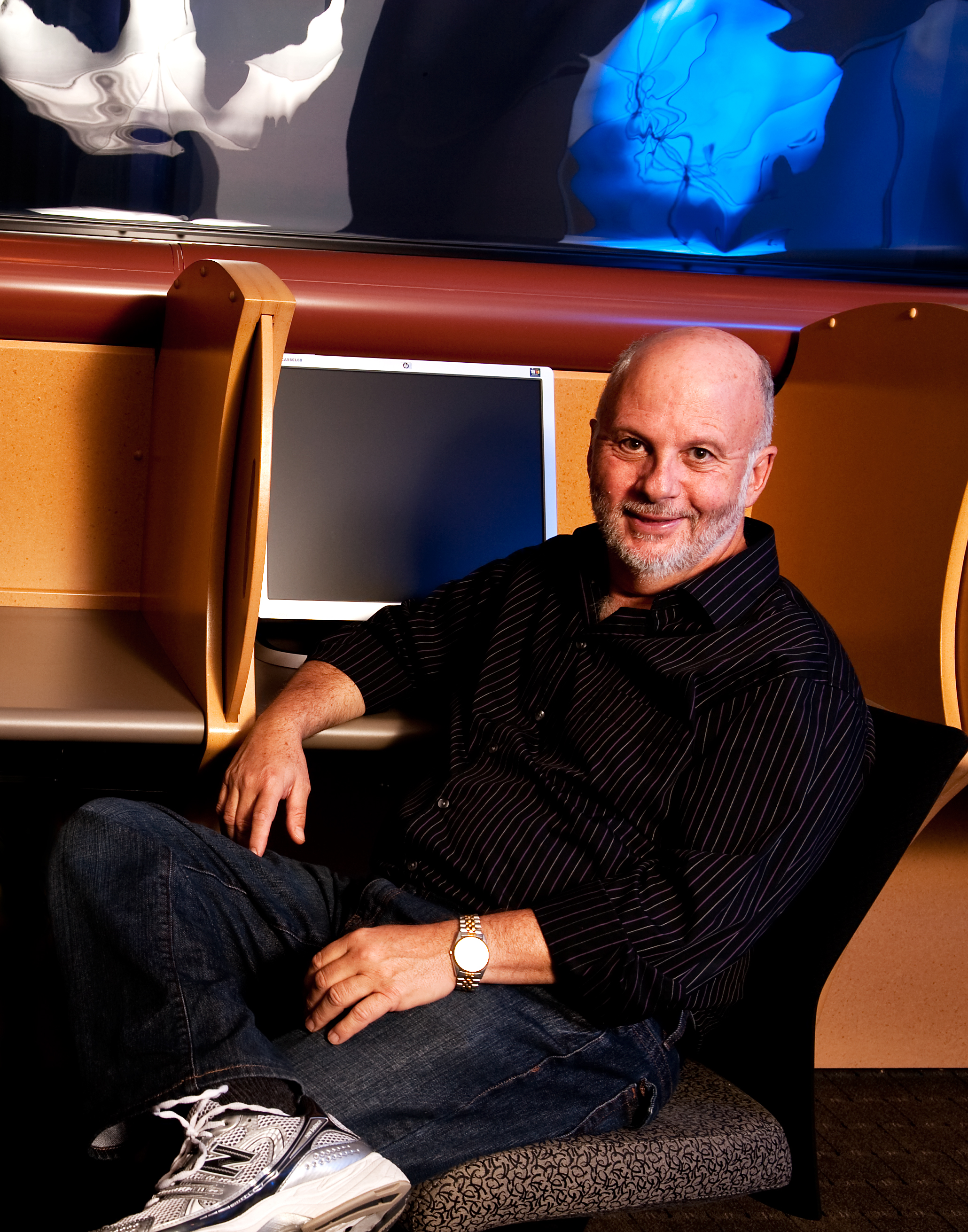California Social Science Experimental Laboratory plans 2000th social experiment

William Zame, lab director of the California Social Science Experimental Laboratory, said the lab will be conducting its 2000th experiment this Friday.
By Lucy Benz-Rogers
Oct. 19, 2009 11:11 p.m.
If you were given $200 to split however you wanted between you and an anonymous person, what would you do? What if the other person could deny your offer and no one received any of the money, or if they could see your decision-making process on the computer?
These are the kinds of questions that have brought social scientists from all over the world to UCLA to run experiments at the the California Social Science Experimental Laboratory.
CASSEL has been conducting its research in the social sciences since 2001, and it will be conducting its 2000th experiment on Friday. The landmark experiment has not been revealed, as the researchers do not want the subjects to know what it is.
In CASSEL experiments, real-life situations such as stock-market trading are recreated as closely as possible with a computer program, and then the reactions of the subjects are monitored.
Using this method, social scientists can examine issues such as how decisions in a market setting are influenced by hormones or the choices that subjects in a stock-market simulation make when they are informed that the stock may be potentially worthless in the end.
Although economics research is a key part of CASSEL’s work ““ according to William Zame, CASSEL director and economics professor at UCLA ““ the lab also works in other social science fields. However, Zame added that CASSEL distinguishes itself quite clearly from a psychology lab through policies against deceiving or manipulating subjects in any way, which may often be necessary in psychology experiments.
Part of what makes CASSEL unique and has contributed to the lab’s success are the extensive resources it offers, said Zame. He also said that the lab has access to up to 140 computers for subject use, making it the largest lab of its kind in the United States and most likely the world.
“The three most important features of the lab, other than an extremely good staff, is that the lab is physically big, it’s permanent … and it’s connected to a big university,” Zame said.
Another benefit is a large and diverse subject pool in the form of the university’s undergraduate population. Students can register online and then sign up for a certain date or time. To date 13,000 students have registered, said administrative assistant Masha Bunenko, a fourth-year economics and Russian studies student.
Jensen Siu, a CASSEL technical assistant and fourth-year business economics student, said he likes seeing students really enjoy the experiment, and he added that they often get excited when they do well and get their payment, which ranges from $5 to more than $100 depending on their performance.
“They get very excited when they do well, and they come back again and again,” Siu said.
He added that he hopes students get a sense of fulfillment from being part of very important research.
“How many undergraduates can say that they’ve been part of UCLA’s research?” Siu said. “You’re not really exposed to what UCLA is as a research institution, but CASSEL really gives students a glimpse of this aspect of it.”
Zame and Siu said that, since research guidelines prevent the lab from recruiting through many traditional methods such as fliering, they rely on a positive word of mouth among students to bring new subjects in, particularly in a university setting where students move on in a matter of years.
“Just like in advertising, you have to run as fast as possible to stay in the same place,” Zame said.
Despite the challenges of recruiting subjects and attracting adequate funding, since 2001 the lab has increased the number and diversity of experiments it conducts.
“A wider variety of economic experiments are being done and many more non-economic experiments are being done. That’s the biggest difference I’ve noticed,” Zame said. “There are many more people in economics and people in the social sciences who are interested in doing experiments.”
The lab is gearing up for its 2000th experiment on Friday, which will be an open demonstration. Students who wish to attend can register online, and faculty can send an e-mail to
Faculty are also invited to an open house following the experiment.


